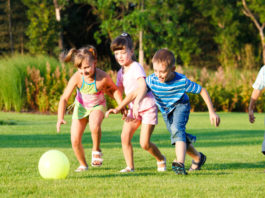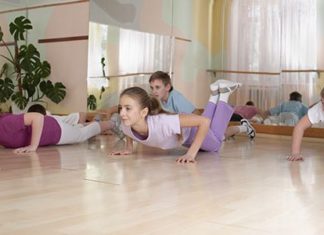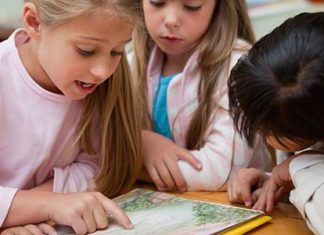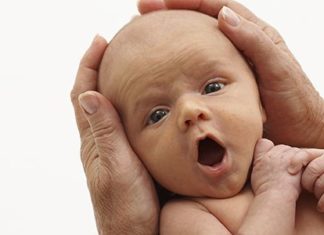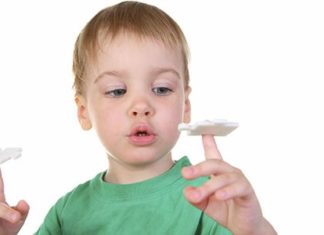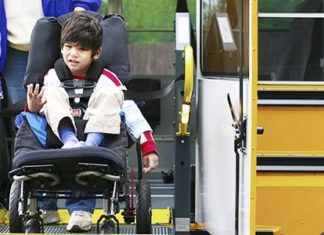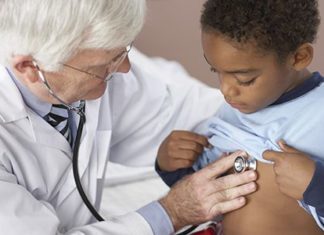After-school exercise program enhances cognition in 7-, 8- and 9-year-olds
A nine-month-long, study involving 221 children found that those who engaged in moderate-to-vigorous physical activity for at least 60 minutes a day after school saw substantial improvements in their ability to pay attention, avoid...
Straight talk for teaching students about stuttering in schools
Final year teaching students at the University of Sydney were schooled on the importance of early intervention and the treatment of stuttering as part of program to help prepare them for the classroom.
Researchers from...
Putting children first, when media sets its own rules
In an age when a significant number of parents won’t let their child walk down the street to post a letter because of “stranger danger”, it’s ironic that many pay little attention while media...
Bilingual community to share experiences at workshop
A group of children from diverse language backgrounds, including Dinka, Korean, Tagalog and Afrikaans, have shared their experiences growing up bilingual in Australia.
The meeting was part of a new series of University of Southern...
How learning to talk is in the genes
An international study by child health researchers has found that genetic factors contribute to the development of language during infancy.
The results, published in Nature Communications, shed further light on a specific genetic region on...
Examining our generation of couch potatoes
Leading exercise scientist Dr Grant Tomkinson will unpack the results of Australia’s first physical activity report card for children and young people at a thought-provoking public lecture being held at the University of South...
New genetic identification techniques shed light on causes of developmental delay and autism
In an international study published in Nature Genetics researchers have used a new gene discovery approach to identify genes causing developmental delay and autism, which could lead to finding new targeted therapies for these conditions.
Co-author of...
Non-English subjects can help migrant and refugee children
New research at the University of Adelaide recommends that migrant and refugee children be exposed to more non-English-based subjects - such as art and sport - to help them to make friends, transition into...
Impact of bullying on young people with cerebral palsy
Louisa Salmon knows only too well the different challenges faced by people with severe disability, and now she’s exploring how bullying may be impacting on their lives.
Louisa is completing a PhD in psychology through...
Children’s health takes centre stage with new research partnerships
A new partnership between QUT and the Queensland Children's Medical Research Institute will lead to important advances in child health.
The partnership has been launched through QCMRI and QUT Collaborative Seeding Grants and provides $25,000 to projects based on...
- Advertisement -
Sign up to receive the latest parenting news, competitions, health information, baby/child/whole family recipes, play ideas, outings, personal stories and much more.





